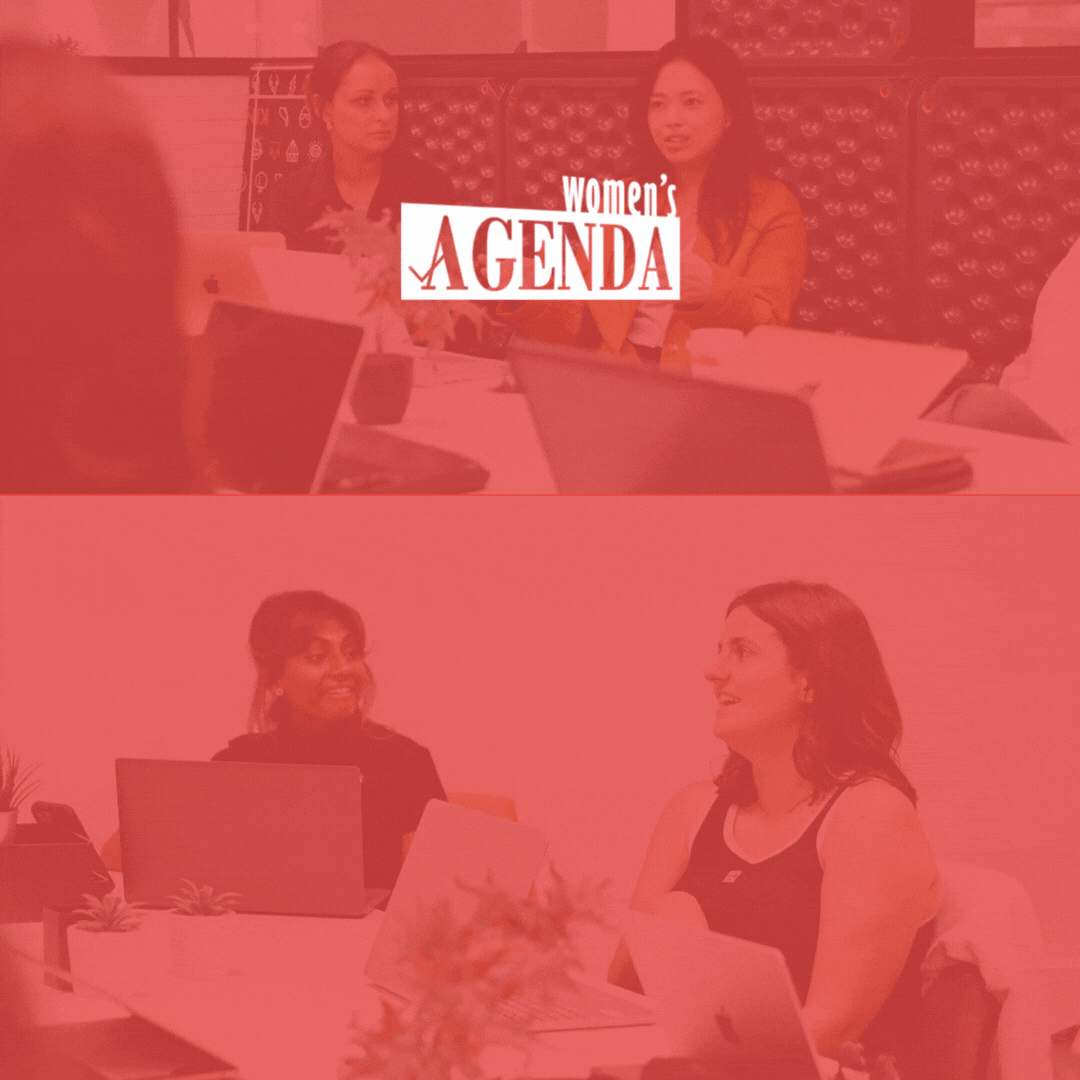How does menopause impact women at work?
Some women don’t experience any symptoms and many feel totally fine during the menopause period. Other women experience hot flushes and tiredness often because they don’t sleep well. They feel tired during the day and find it hard to concentrate. Some women experience mood changes. For others it affects their libido so their relationship is affected. It’s quite variable.
What about the psychological impacts? In a culture where we think being young is great, especially in the workplace, I imagine women have to hide that they are going through menopause because we have to appear like we are young the whole time.
For some women it’s a relief and for others it’s psychologically confronting. It can coincide with a period where children are growing up and leaving home or a woman is having to look after elderly parents. The comedian Kathy Lette talks about how it’s surviving the in-between time. It can be a tricky time in relationships and at work. It’s also a tricky time socially where you are questioning your role, questioning what you’ve done with your life and being valued as an older woman. Older men are very valued but older women not as much.
What age does it generally happen?
The average age of menopause is 52 but some women can have it early in their forties and some women don’t stop their periods until their late 50s.
What sort of patients come to the menopause clinic?
The main symptom that women present with are hot flushes … they can’t sleep and they can’t function well during the day. They don’t have energy to exercise so it affects their quality of life.
What treatment paths are there?
There are lots of non hormonal treatments and they involve drinking less coffee, making sure you exercise frequently and wearing natural fibres. Some women find taking herbal treatments valuable although in trials they haven’t been found to be better than placebo. Non hormonal treatments are available. Anti depressants and some blood pressure medication are effective at managing hot flushes And then there are hormone treatments which basically replace the hormones you are missing once the ovaries stop working.
What about HRT?
Hormone replacement therapy has a range of risks and benefits, and the risks have been very well publicised — breast cancer is the main one. But the risk only increases after five years if you are using both oestrogen and progesterone. Having said that there’s new evidence that using a more natural progesterone may not increase the risk of breast cancer. Also women using oestrogen only —if they have had a hysterectomy —don’t have this increased risk of breast cancer even after 7 years of use.
There are lots of advantages to HRT. It’s good for your heart if you take it around the time of the menopause. It’s good for your bones. It will treat your hot flushes and your mood changes. Women feel much better on it but you know, with anything in life, there are risks and benefits.
What about a woman’s sex life? What can happen?
Some women experience a loss of libido and with the lack of oestrogen, experience dry vagina and discomfort with sex. Many of them aren’t super troubled by the change in libido but it may impact on their relationship.
Is it a taboo?
I think all of women’s sexual reproductive health is not well discussed. For example, I’ve done some work on heavy menstrual bleeding. Women will go to their GPs and they will have bleeding where they are flooding and they can’t go shopping because they are soaking through pads really rapidly but sometimes the GP can dismiss it as ‘normal’.
I think women’s issues often get dismissed as ‘normal’ and ‘part of being a woman’. We need to listen to women and try and provide support and information so they can make decisions about what options are available to them rather than dismissing it as ‘that’s normal you should just put up with it’.
If you want to know more Jackie Dent is hosting an event with the Clear Spot Club, Hot & Bothered: A talk on Menopause, in Sydney on Wednesday the 17th of October. You can hear from a philosopher, a medical doctor, a “midlife midwife” and a Chinese herbalist for a panel discussion on the wild world of menopause. Tickets are available here.


